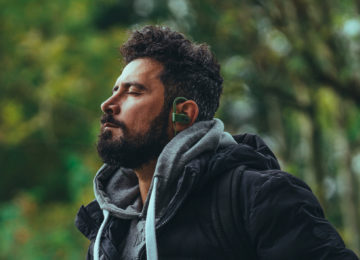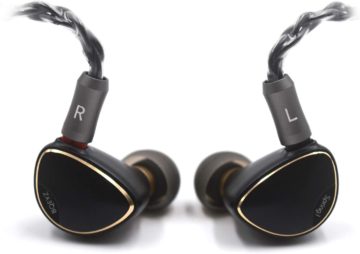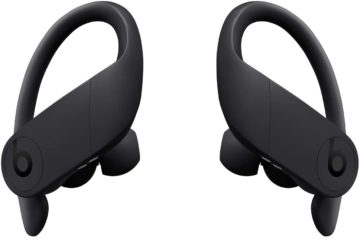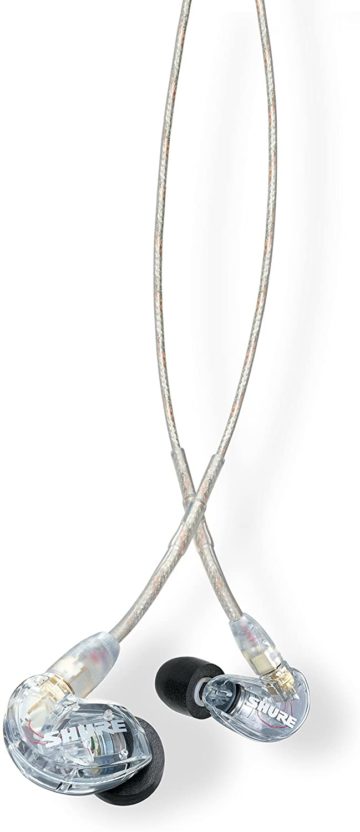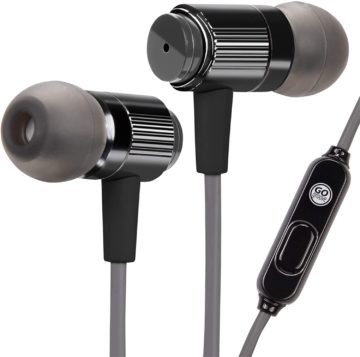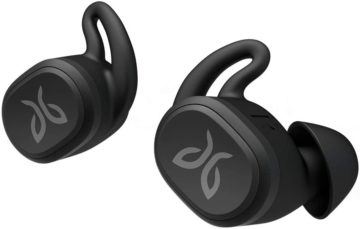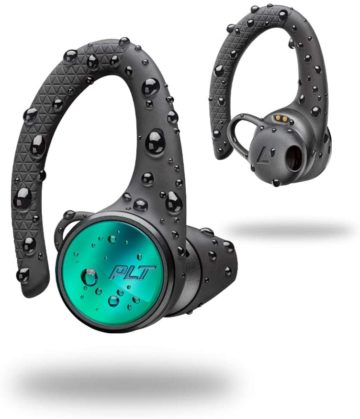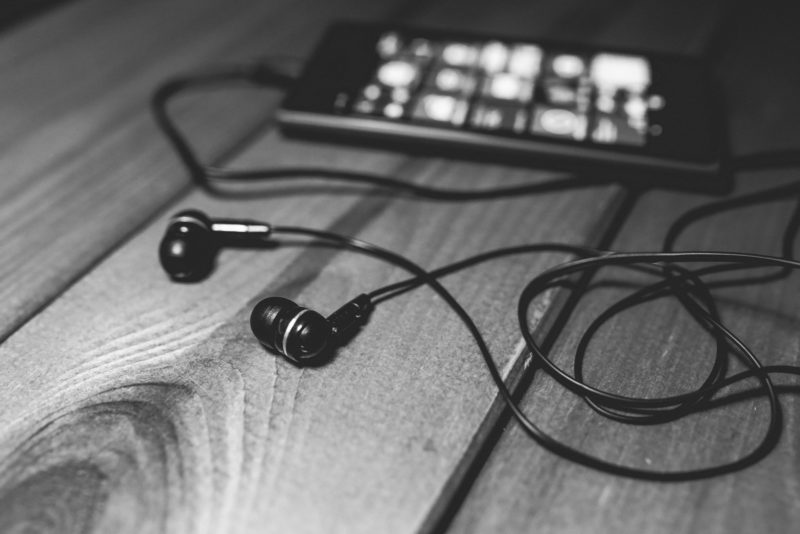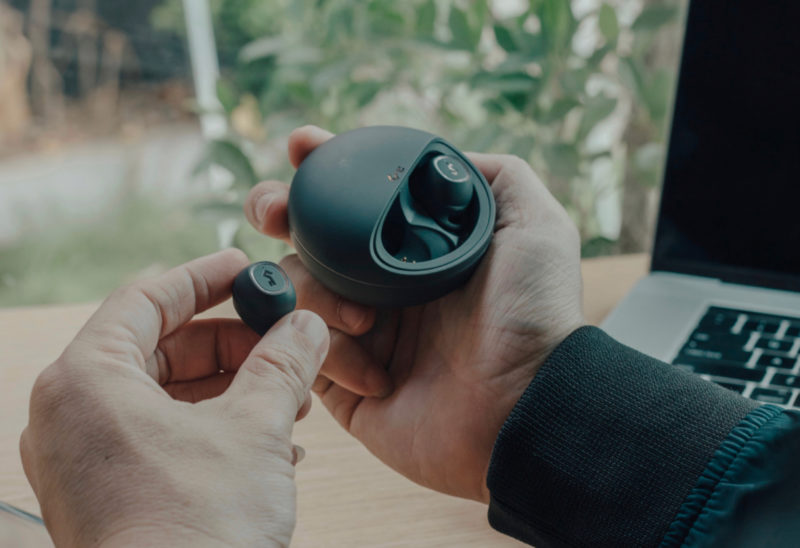With the Spring1, BQEYZ has delivered a triple hybrid IEM (in-ear monitor) with lightweight aluminum alloy, detachable cable, 6 sets of silicone eartips, 1 set of foam eartips and storage case. While the cost is on the higher end, these are the most durable earbuds for audiophiles who value build quality.
Best Electronic Drum Headphones
Unveiling the top electronic drum headphones - from budget finds to premium sound quality. Elevate your drumming experience now!
